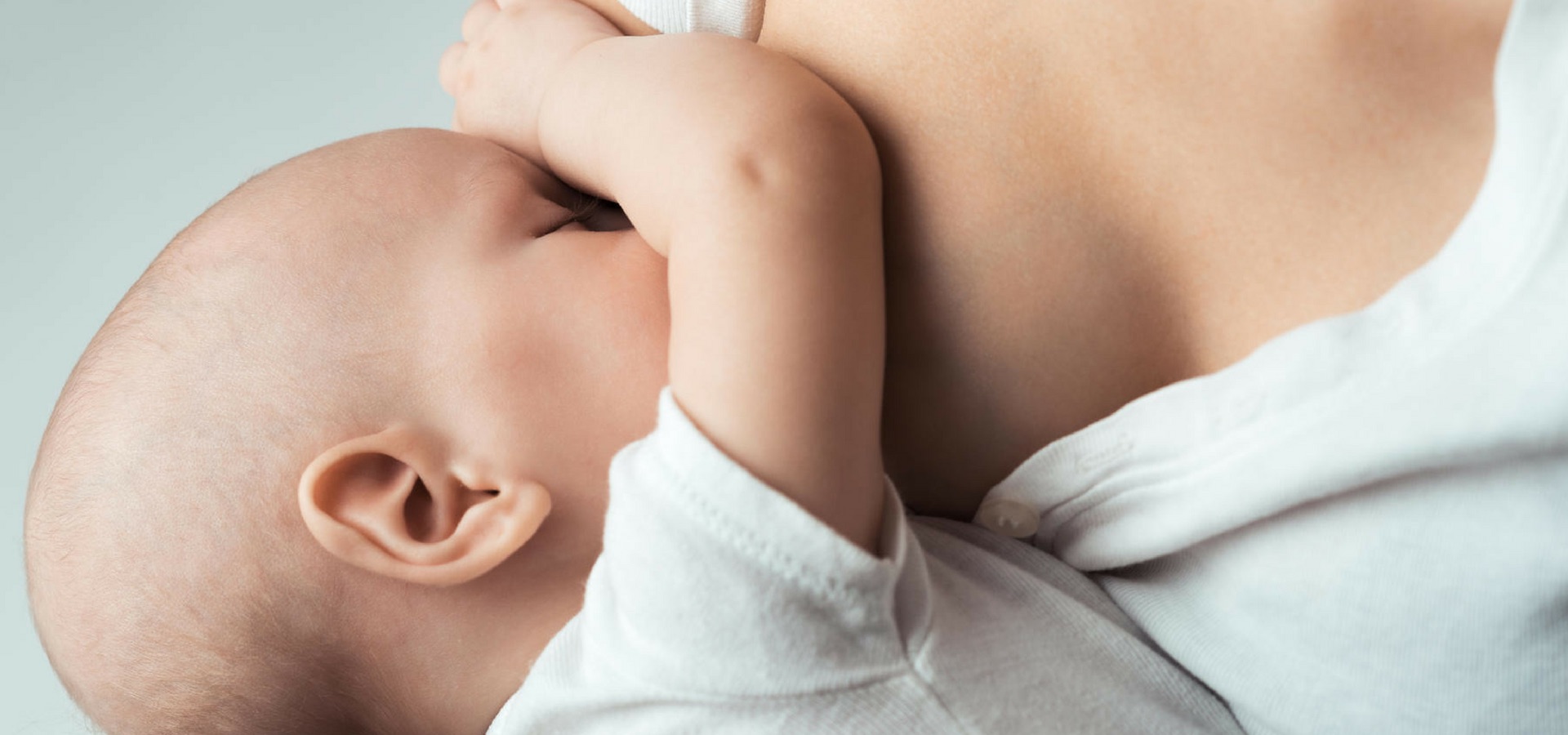In South Africa, one premature infant dies every 20 minutes. In the fight against this unnecessary loss of life, International Breastfeeding Week is calling on mothers to breastfeed their babies and donate breastmilk to help decreasing infant mortality and malnutrition.
The South African Breastmilk Reserve (SABR), currently the largest human-milk-banking partner of the South African Department of Health, warns that breastfeeding rates in South Africa are dangerously low with only 7,2% of South African women breastfeeding. These low rates result in the loss of the most vulnerable members of our society, including 20,000 babies under 1,8kg and 70,000 babies under 5kg annually.
The International Baby Food Action Network (IBFAN) of Africa credits breastfeeding as the single biggest influence on decreasing infant mortality and malnutrition, especially in the least developed countries of Africa. Based on this core belief, SABR is urging mothers to breastfeed their own babies for at least the first six months of their lives, to ensure optimum growth and development.
“We believe that breastfeeding, access to mothers-own-milk, donated breastmilk and education are the keys to unlocking infant survival”, says Stasha Jordan, breastfeeding activist and executive director at SABR.
“We are calling on all mothers to donate breastmilk at local breastmilk-banks to ensure that the young lives that do not have access to their mothers’ breastmilk get the best chance of a healthy start to life. Not just during International Breastfeeding Week but on an ongoing basis. Whilst International Breast-feeding Week reminds us of the importance of ‘promoting, protecting and supporting breast-feeding’ we should live every day to ’empower inspire and counsel’ mothers and communities in breastfeeding and ‘baby-friendly’ care for the most vulnerable.
Educating mothers living in poverty and with HIV and AIDS about safe infant feeding practices is also a key focus for the SABR, to ultimately avoid vertical transmission (from mother to baby) of HIV and AIDS. “We invite mothers with babies to visit our milk-banks across the country to learn more about home-methods for heat treatment of breastmilk and through this, promote food security in a continent where poverty and malnutrition are rampant,” says Jordan.
In the previous financial year, the SABR had 889 donors and supplied breastmilk to 1295 infants, which contributed to saving an average of 5,000 premature infants from infection and mortality associated with lack of breastfeeding, since its inception in 2003.
“Health care professionals and mothers are becoming increasingly sensitised to the importance of the use of breastmilk in perinatal care, which is in turn increasing the need for more breastmilk-banks across the country,” says Jordan.
In realising the value this ‘white gold’ holds, the SABR, in partnership with the Free State Department of Health, has recently expanded human-milk-banking to a further four provincial hospitals, bringing the countrywide total 44 human-breastmilk-bank facilities.
“Despite great success over the past ten years, the lives that need to be saved remain many, says Jordan. “We have a mammoth task ahead of us to turn around infant mortality rates in Africa, therefore we need the support from the breastfeeding community to help drive the change toward higher breastfeeding rates and ultimately lower infant mortality.”
In reducing premature infant mortality rates, over-stretched hospitals also save millions of Rands annually, which advances the healthcare of the entire nation over the long run.
To get involved and alleviate the challenges faced by the SABR, including low breastfeeding rates in South Africa, sourcing donor mothers when so many women are HIV positive, and funding for the operation of the milk-banks, please visit www.sabr.org.za or call 011 482 1920 or e-mail: [email protected].
About South African Breastmilk Reserve
The South African Breastmilk Reserve (SABR) was founded in 2003 as the first registered human-milk-bank in South Africa. The main objective of the SABR is to facilitate the establishment of human-milk-banks in as many communities as possible, with the aim of providing human milk (and the necessary equipment and funding) to babies in need, particularly babies orphaned as a result of AIDS.
Today the SABR supplies in excess of 60 hospitals and is constantly working to gain favour for human milk banking in these hospitals, including: Bloemfontein Universitas, Bloemfontein Pelonomi; Boitumelo Hospital; Bongani Hospital, Dihlabeng Hospital; Edenvale (cnr); Kalafong Hospital; Kimberley Hospital; Manapo Hospital; Netcare Alberlito (cnr); Netcare Blaauwberg; Netcare Cuyler PE; Netcare Femina; Netcare Kuils River (cnr); Netcare Olivedale; Netcare Parklane; Netcare Parklands; Netcare St Augustine’s (cnr); Netcare The Bay; Newcastle Provincial H; Northdale (cnr); Pietermaritzburg H Complex; Potchefstroom Hospital; SABR Head Office; Sandton MediClinic; Tembisa Hospital; Witbank Hospital.
We understand that there are many aspects that encompass a Mother, Father or Child and strive toward providing resources and services that accommodates this.
Our content is aimed to inform and educate families on issues starting from pregnancy through to the challenges of the teen-age years.
- Say Hello to the Ultimate Holiday Brunch Bite - December 17, 2025
- Tiny Toons Looniversity Returns: Meet the Voice Behind Plucky and Hamton! - December 12, 2025
- From Pain to Possibility: Panado®’s New Marketing Campaign, Highlights The Joy Of Pain Relief - December 10, 2025





